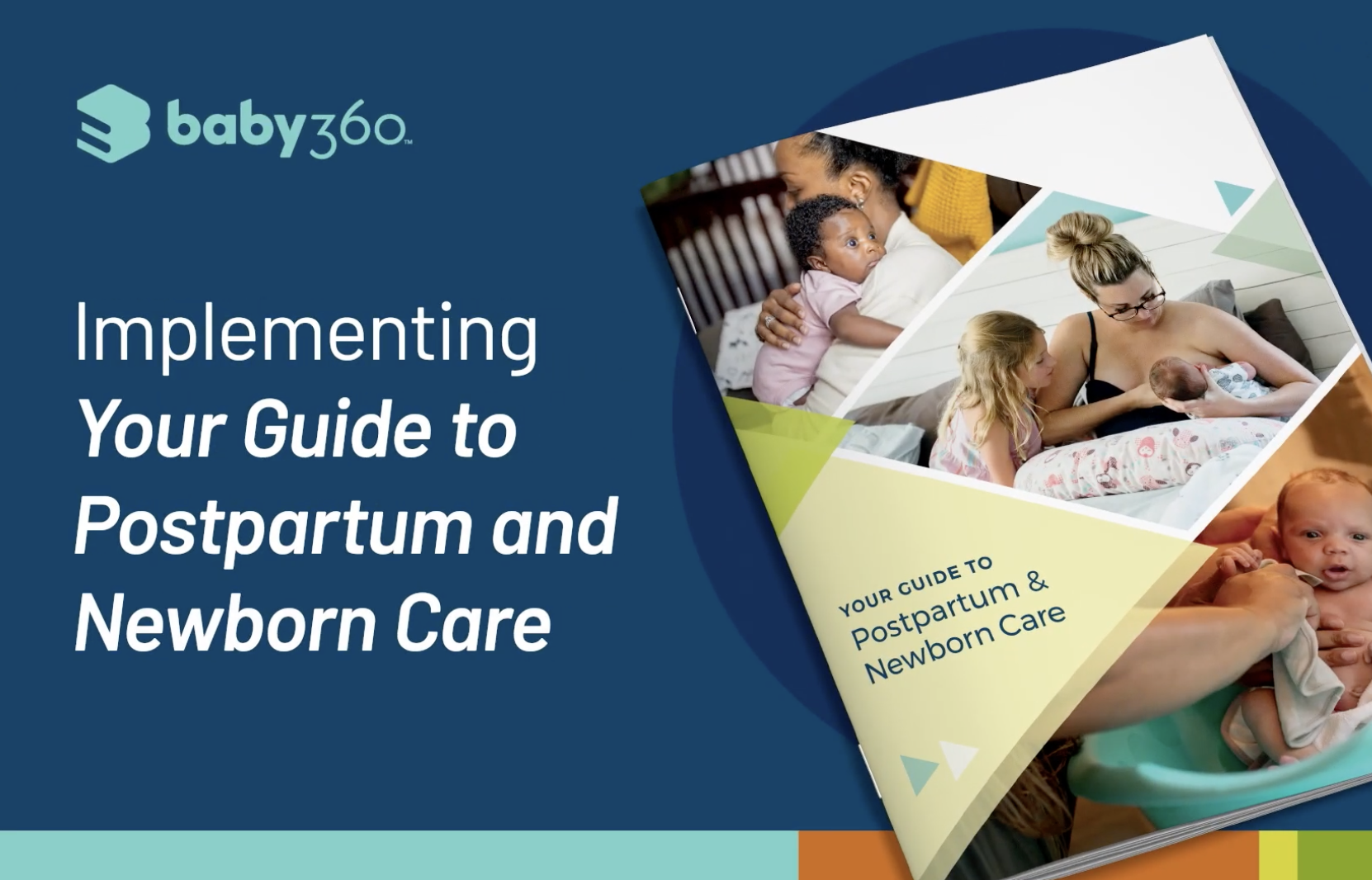As an educator, you can help empower your parents to care for their babies in non-critical situations without the need for medical intervention.
What parents can do to comfort their baby at home
Teaching your parents some of the best ways they can comfort their baby at home will go a long way in making them feel calm and in control. Having these strategies top of mind will avoid unnecessary trips to the doctor and build parents’ confidence in their ability to care for their baby.
Hydration
Babies should always be properly hydrated, but this is especially important when the child is sick. Regardless of whether a baby is breastfed or formula-fed, she will need to take in plenty of liquids to prevent dehydration. Continue to breastfeed, as babies generally tolerate breast milk when they don’t feel well.
Rest
Rest is important for anyone fighting a cold, and this holds true for babies as well. Parents should prioritize putting their baby to bed early and encourage naps.
Relieve congestion
When babies are sick, congestion is often a big part of their discomfort. Below are different ways you can recommend parents relieve congestion in their baby:
- Nose drops. Over-the-counter saline drops or spray can be especially helpful when babies are experiencing nasal congestion. You can advise parents to check with their doctor as to which product to use, how much to use, and how often.
- Nasal aspirator. Following nose drops or spray, using a nasal aspirator can clear mucus from the nose and help the baby breathe more easily.
- Humidifier. Running a cold-mist humidifier in the baby’s room will help keep the air moist and ease congestion. Emphasize that parents need to follow the manufacturer’s instructions for changing filters and keeping the humidifier clean to prevent mold and bacteria.
- Warm baths. Steam from a warm bath can help clear congestion and the bath itself can be very soothing for the baby.
Provide love and attention
The most important “tool” parents have for comforting their sick baby is their attention. Parents can hold their baby, sing to her, read to her, talk to her, and even give her an infant massage.
For a useful guide to help parents determine when they need to call the pediatrician, you can refer them to this article.



